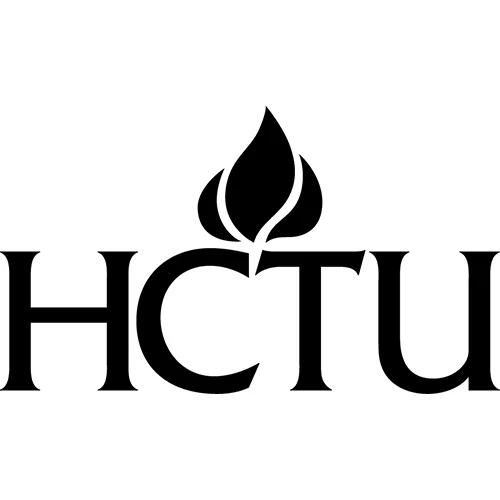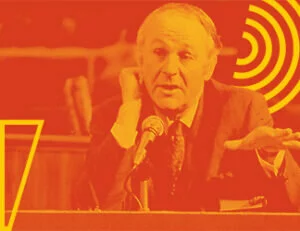On February 3, 2010 from 7pm-9:30 in ATO Chapel at Trinity Evangelical Divinity School, the Henry Center, in conjunction with Chosen People Ministries, will host a conversation entitled “How and When Will All Israel Be Saved? A Theological/Missiological Conversation on Scripture, the End-Times, and Jewish Evangelism.”
Conversational partners will include Dr. Mitch Glaser of CPM, Dr. Douglas Moo of Wheaton College, Dr. Willem VanGemeren of Trinity Evangelical Divinity School, Dr. John Feinberg of TEDS, and the moderator, Dr. Richard Averbeck of TEDS. All are welcome and invited to this free event.
The following outlines possible avenues of discussion:
In Romans 11 Paul makes the case that God has not cast off his people Israel, despite their rejection as a nation of Jesus, their Messiah. His final argument that God isn’t finished with Israel is that “all Israel will be saved” (Rom 1l:25-27). What did Paul mean and how will this come to pass? Who constitutes “Israel,” the biological seed of Abraham or his spiritual seed? Is the salvation in view spiritual, national, socio-economical, or all of these? Has this promise been fulfilled during the NT era by individual Jews and Gentiles turning to Christ and hence “filling up” the “all Israel?” Or is the promise to be fulfilled in the end-times at the return of Christ? If the latter, will only those biologically Jewish be saved, or will there also be a massive turning to Christ among the Gentiles? Whatever the answers to such questions, what are the implications for how Christians should understand the modern state of Israel? And, of most practical importance, how should one’s understanding of Rom 11:25-27 impact one’s attitudes toward and efforts in evangelizing Jews?
The event will be webcasted live and live-blogged by the Center. All are welcome and invited to attend. No tickets will be distributed; seating will go quickly, however, and attendees are encouraged to arrive early to avoid confusion.
With Chosen People Ministries, the Henry Center anticipates a lively and edifying conversation on the nature and future of the Israel as seen by the Apostle Paul and interpreted by modern-day theologians.



Comments
Be the first one to make a comment!